Motherhood is beautiful, but it can also leave you drained fast. Just like a machine, breastfeeding mom’s body works hard every single hour to nourish the little one. At this point, hydration is not ”optional” but a decision for the survival of both parties. Without enough fluids, the energy level drops, your mood dips, and your milk supply may even suffer. In this article, we are going to exclusively discuss about Breastfeeding and dehydration; key warning signs.
The truth is that as a breastfeeding Mom, the signs of dehydration speaks calmly especially when life gets too busy that it always not heard. From dry lips to sudden fatigue, your body whispers before it shouts. Learning these signals helps you act fast and protect both you and your baby.
So, if you’ve ever wondered about breastfeeding and dehydration; key warning signs, this guide is for you. Let’s dive into the clear signs of dehydration every mom should watch out for.
Why Hydration Matters During Breastfeeding
-
Hydration Supports Breast Milk Production
Breast milk consist of 90% water, and any fluid intake directly impacts milk supply. When you stay hydrated, your body has the resources to produce enough milk for your baby. Fluids are essential in supporting milk production and overall breastfeeding health.
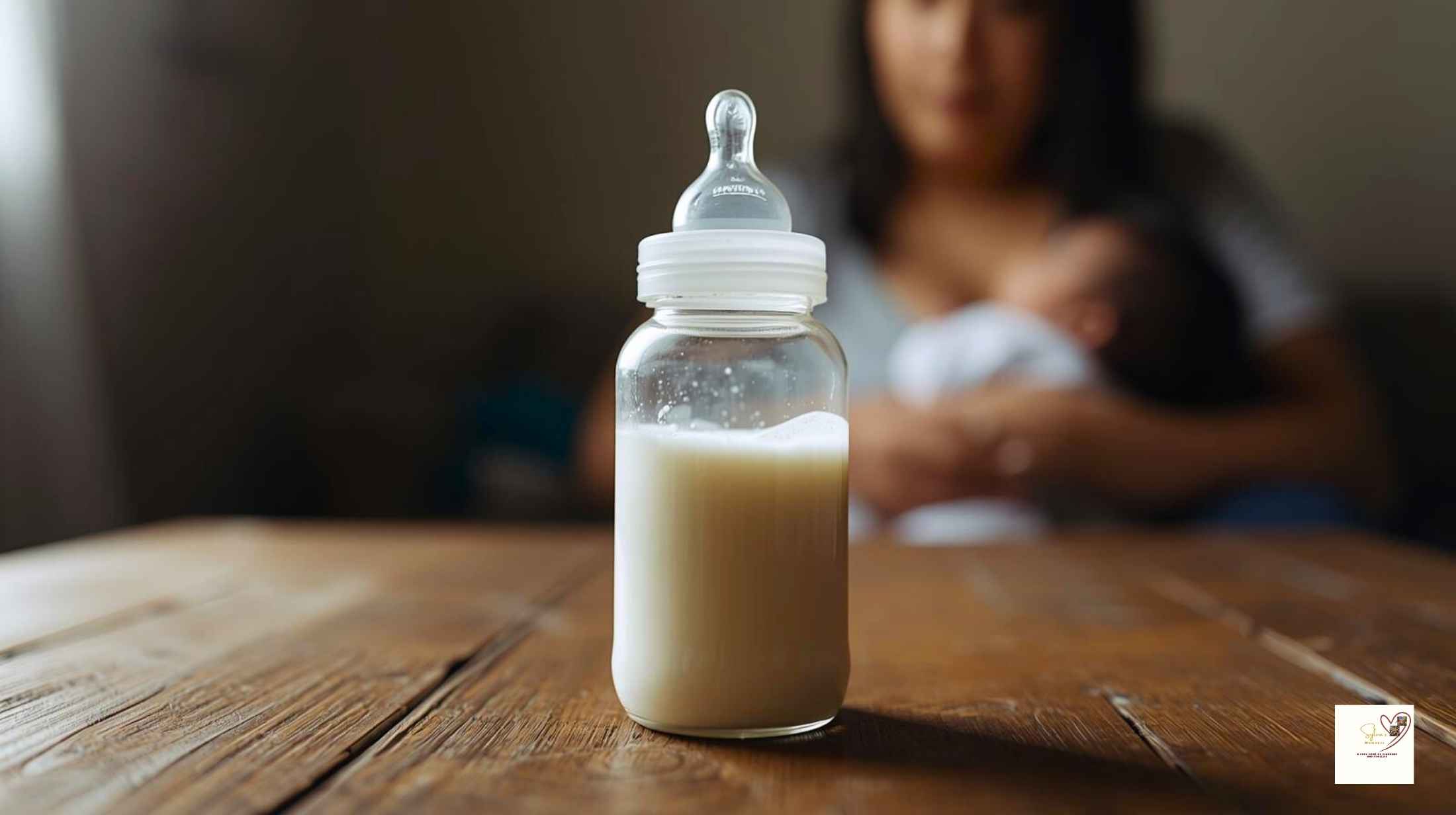
-
Hydration Helps Moms Recover After Childbirth
Staying hydrated is important if you want to recover easily after birth needs. Fluids help replace what is lost during labor and delivery, reduce fatigue, and keep the body’s systems balanced. Drinking enough water also supports healing and energy, especially in the early weeks.

-
Hydration Boosts Energy and Reduces Fatigue
Many moms often feel drained and lightheaded when they don’t drink enough water. Dehydration makes breastfeeding more exhausting than it already is. By sipping water regularly, you can fight fatigue and stay energized for both yourself and your baby.
-
Hydration Supports Focus and Mental Clarity
Dehydration doesn’t just affect the body, it affects the brain too. Moms may feel foggy, irritable, or unable to concentrate when water intake is low. Staying hydrated improves mental clarity and mood, which makes handling newborn care easier. WHO emphasizes hydration as part of overall maternal health and functioning.

-
Hydration Keeps the Digestive System Moving
Constipation is a common issue after delivery, and water is a natural fix. Adequate hydration supports digestion, prevents constipation, and keeps your body comfortable. This matters because feeling bloated or blocked can make breastfeeding even more stressful.
Common Signs of Dehydration in Breastfeeding Moms
1.Constant Dry Mouth and Increased Thirst
Your body speaks first through your mouth. When you feel thirsty all the time, it’s not random, it’s your body asking for help. Imagine holding your baby and suddenly noticing your tongue feels sticky. That is dehydration knocking. Instead of waiting, keep a bottle of water nearby. Sip before feeds, sip after feeds. In breastfeeding and dehydration; key warning signs, thirst is the simplest but clearest sign.
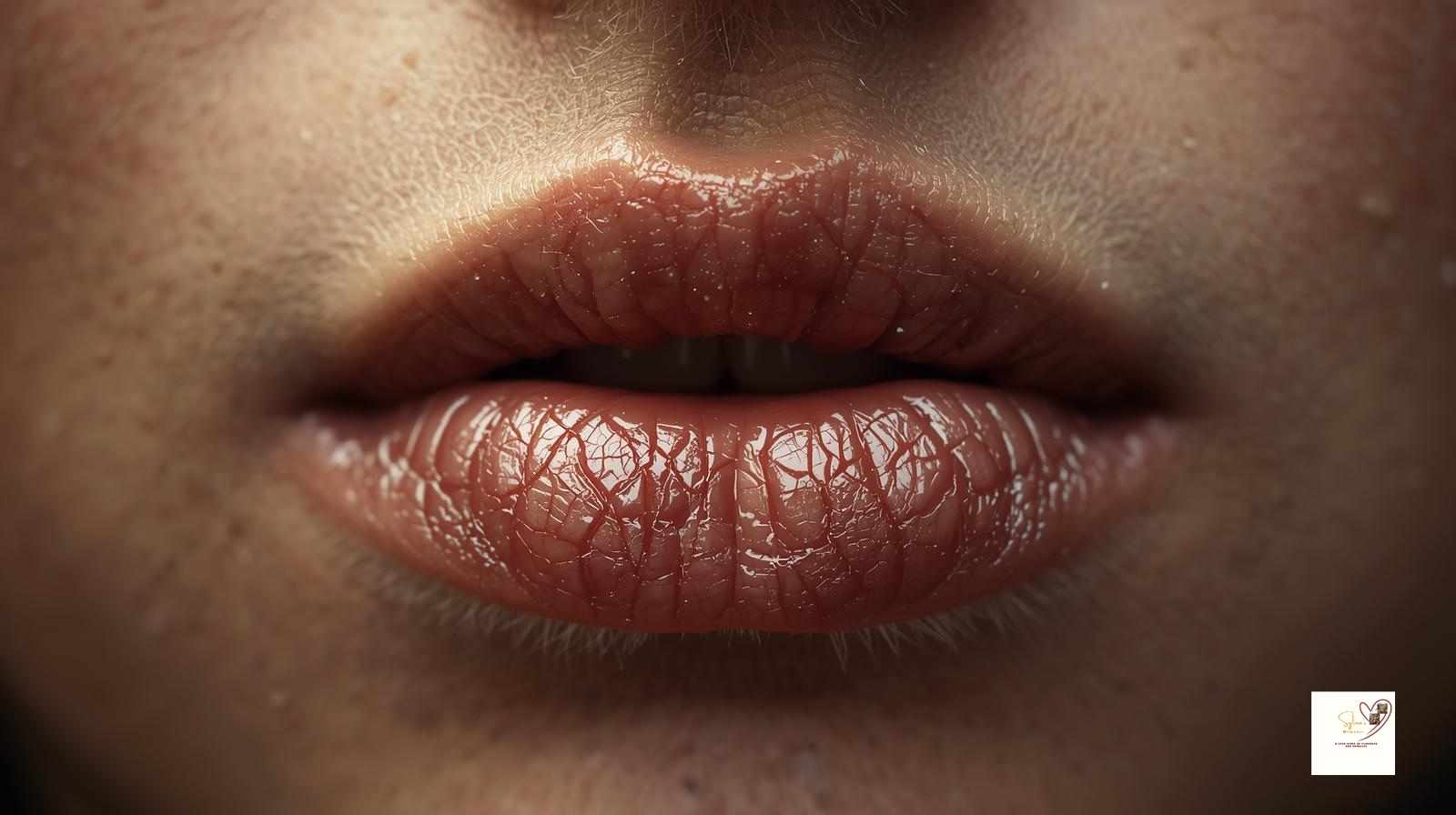
2.Headaches and Dizziness
Have you ever stood up quickly while holding your baby and felt lightheaded? That dizzy spell may not be tiredness alone.
It could be dehydration. Water keeps your brain sharp and balanced.

Without it, headaches creep in and make every little task harder. So, when your head throbs during nursing, think beyond stress. A glass of water may be what your body needs.
3. Breastfeeding and Dehydration; Key Warning Signs→ Dark or Reduced Urine Output
Your bathroom can tell you the truth about your hydration. When urine looks dark yellow or comes in small amounts, it’s a red flag. A well-hydrated body usually produces light-colored urine.
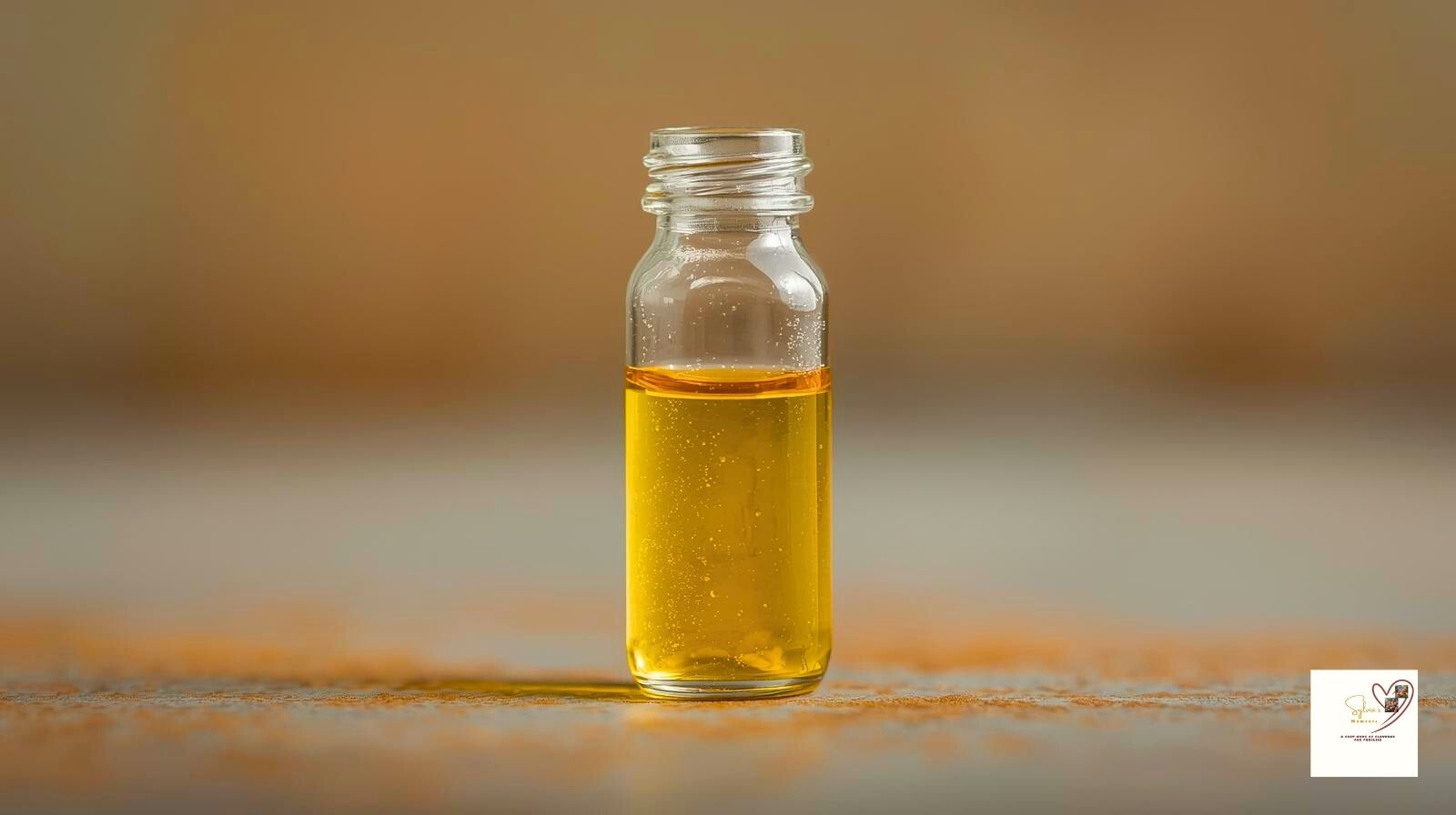
Many moms ignore this simple sign because life feels busy. Yet, this quick check is one of the easiest ways to track hydration daily.
4. Fatigue and Low Energy
Motherhood is already exhausting, but dehydration makes it worse. Picture this: night feeds leave you yawning at dawn, yet you feel heavier than usual. In breastfeeding and dehydration; key warning signs, that drained feeling could be your body running on empty fluids. Water restores energy faster than coffee sometimes. So, instead of reaching only for caffeine, add water to your tired moments. Your body and your baby will thank you.

5. Breastfeeding and Dehydration; Key Warning Signs →Dry Skin and Chapped Lips
Your skin reflects what’s happening inside. When your lips crack and your skin feels rough, dehydration might be the cause. Many moms buy creams and balms without realizing water is the missing piece. Imagine applying lip balm over and over but still feeling dry. Drinking more water often solves what lotions can’t. Hydration works from the inside out.
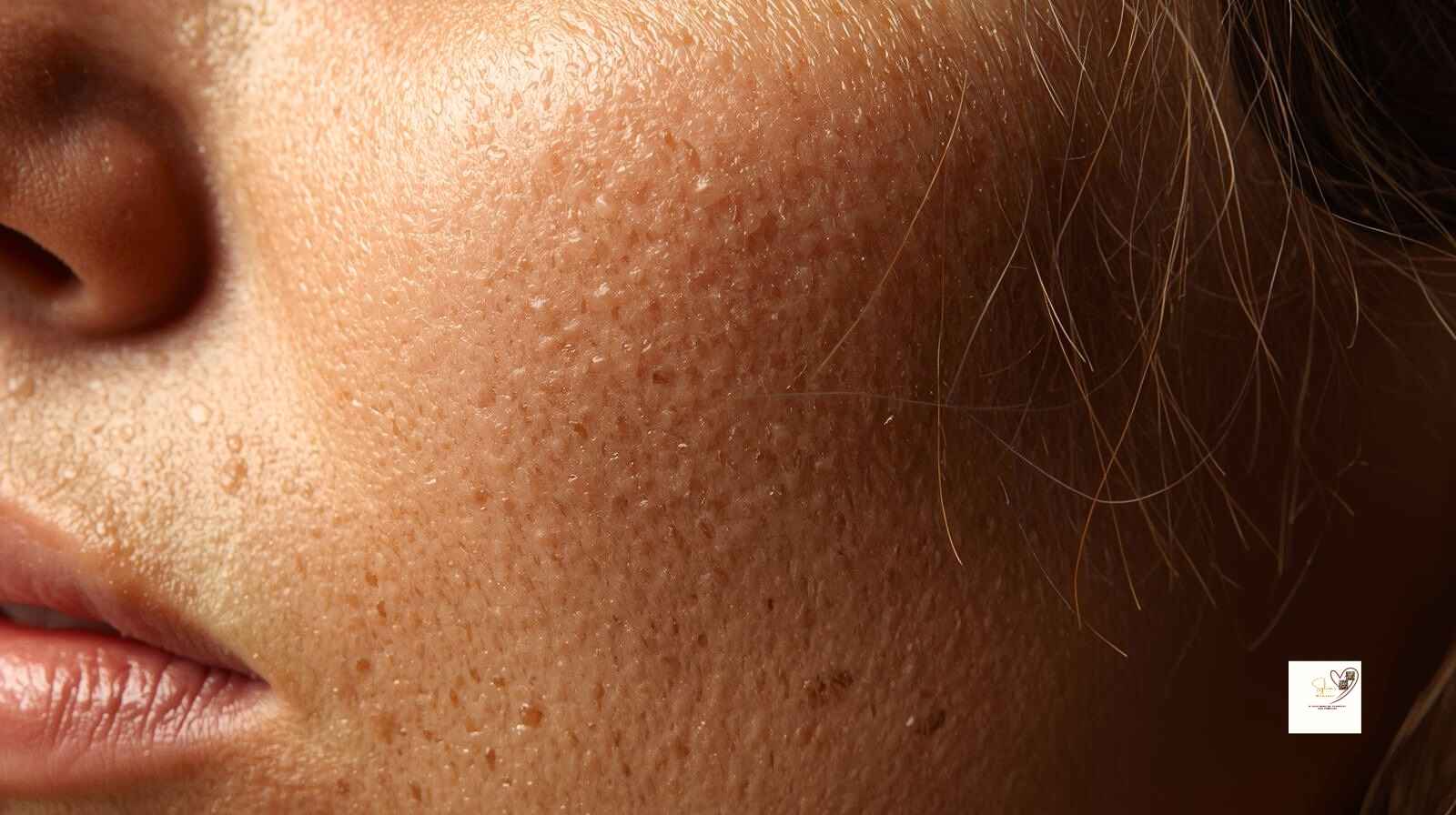
6. Breastfeeding and Dehydration; Key Warning Signs →Drop in Breast Milk Supply
Nothing worries a breastfeeding mom more than noticing less milk. Sometimes stress, diet, or growth spurts play a role. Yet dehydration can also reduce supply. Milk is mostly water, so when your body runs low, production slows down. One mom shared that her pumping output improved within days of drinking more fluids. That simple change made feeding smoother for both her and her baby.
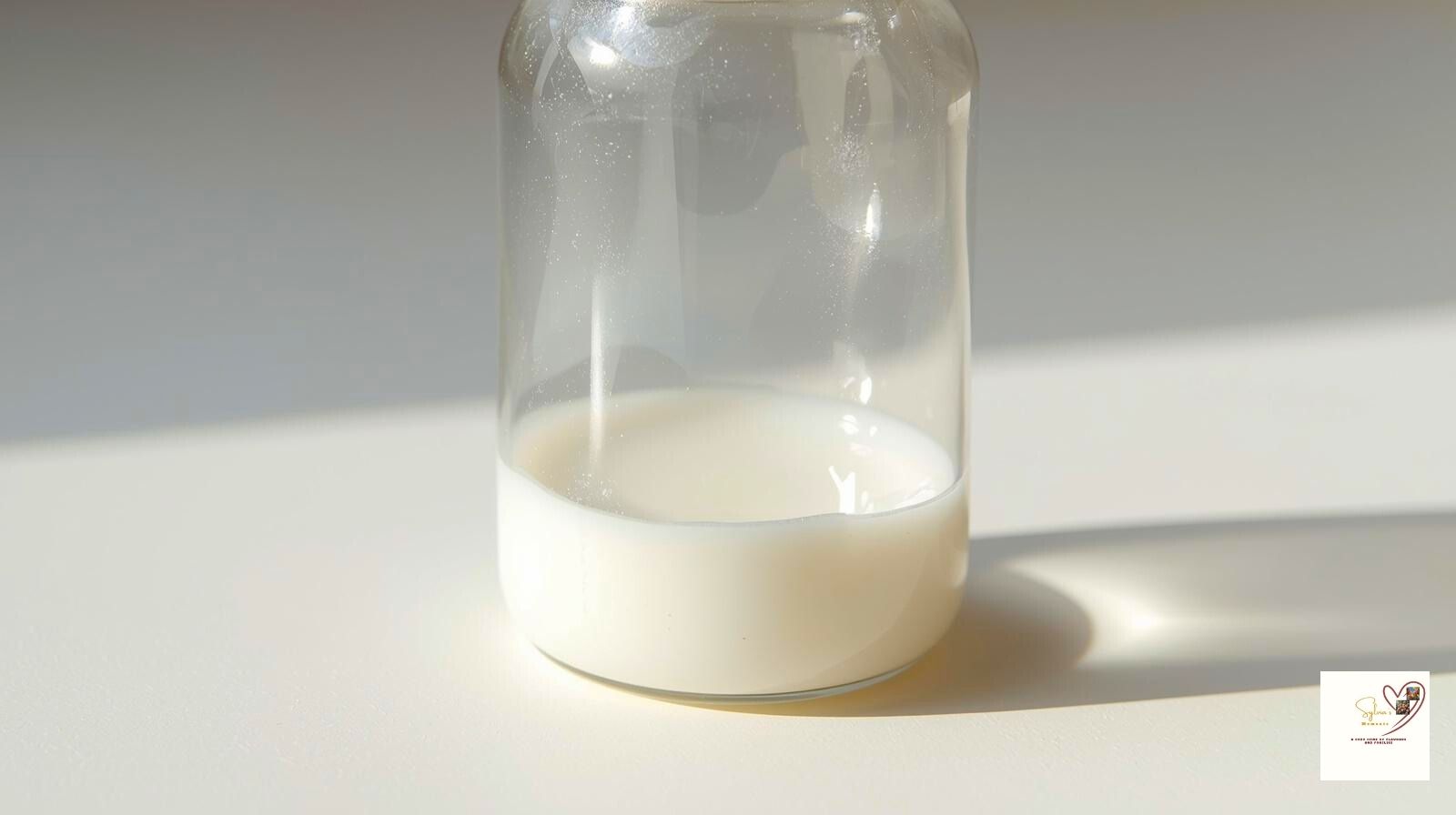
How Much Water Do Breastfeeding Mothers Really Need?
Breastfeeding changes your daily water needs, and science makes that very clear. The Institute of Medicine sets the adequate intake (AI) for lactating women at 3.1 liters a day — about 13 cups . That may sound like a lot, but remember, this total includes not just plain water, but also other beverages and the water naturally found in foods like fruits, vegetables, and soups.
Here’s why the number matters: your body loses roughly 0.7 liters of water daily through breast milk production. If you don’t replace it, you risk running on empty, which can leave you tired, cranky, and struggling with a lower milk flow.
When a mom grabs a glass of water with breakfast, a smoothie mid-morning, and a bowl of soup for lunch. Without even trying too hard, she has already covered a big chunk of her fluid needs. Staying hydrated doesn’t have to mean chugging endless glasses of plain water; it’s about building a steady flow of fluids throughout the day.
What Do Top Health Authorities Say?
-
Institute of Medicine (IOM): About 3.1 liters daily for breastfeeding women, including fluids from foods and drinks .
-
World Health Organization (WHO): Stresses that nursing mothers should drink enough to satisfy thirst but also warns that fluid needs increase in hot climates and during exclusive breastfeeding.
-
Mayo Clinic: Encourages moms to increase fluid intake beyond normal needs and listen to thirst cues while using urine color as a hydration check.
When you put all of these together, the message is clear: while exact numbers may vary, all major health authorities agree that breastfeeding moms need more fluids than usual to stay healthy and keep milk flowing.
So, don’t wait until you’re parched. Make hydration part of your routine, whether that means sipping during feeds, carrying a water bottle in your bag, or pairing every snack with a drink. Your body feels better, your energy stays higher, and your baby gets consistent, nourishing milk.
Adjustments of Hydration During Breastfeeding Based on Activity, Weather, or Illness
Of course, fluid needs aren’t one-size-fits-all. If you exercise, sweat in hot weather, or catch a cold, your body loses more water. That’s when you need extra cups to replace what you’ve lost. The Centers for Disease Control and Prevention (CDC) emphasizes that moms should increase fluids during illness or heat exposure to prevent dehydration.
Imagine a mom walking with her stroller under the blazing sun. By the time she gets home, she’s parched, her lips are dry, and she feels cranky. That’s her body shouting, “More water, please!” Listening to those cues helps prevent dips in milk supply and keeps energy stable.
Why “Drink Only when Thirsty” Isn’t Always Enough
You’ve probably heard the advice, “Just drink when you’re thirsty.” While it sounds simple, it doesn’t always cut it. Studies show that thirst isn’t a perfect signal during breastfeeding, especially because moms get busy and ignore early signs (Institute of Medicine, 2005). By the time you feel very thirsty, you may already be mildly dehydrated.
A friend once told me she would only remember to drink after her throat felt dry, but then she noticed her milk flow slowed during evening feeds. When she set reminders to sip throughout the day, things improved. Sometimes, your body needs you to stay ahead of the game, not just catch up.
Best Hydrating Drinks for Nursing Moms
Staying hydrated while breastfeeding is essential for milk supply, energy, and overall health. Here are the best drinks for nursing mothers that support both mom and baby:
1. Water→ The No. 1 Drink for Breastfeeding Hydration
Water is the simplest and most effective way to stay hydrated. It replaces fluids lost through breast milk without adding sugar or calories . Keep a bottle within reach during feeds, and sipping often makes hydration easier than chugging later.
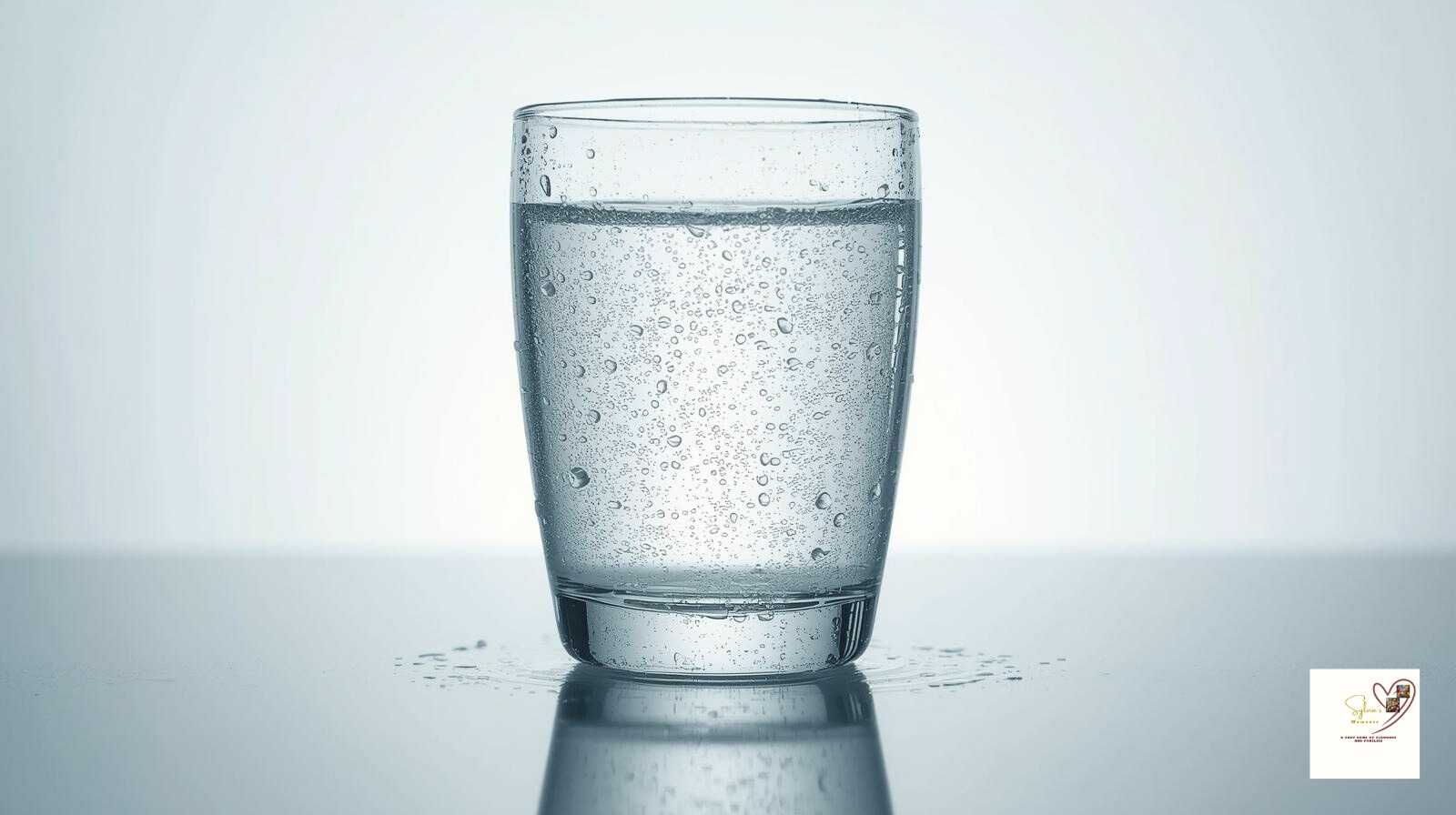
2. Low-Fat Milk→ Extra Nutrients with Hydration
Low-fat or skim milk keeps you hydrated while also delivering calcium, protein, and vitamin D. These nutrients strengthen your bones and muscles, which matter when you’re lifting and carrying your baby daily. Nutrient-rich drinks like milk support both mom’s recovery and baby’s growth.

3. Herbal Teas→ Soothing and Caffeine-Free Choices
Caffeine-free herbal teas, like chamomile, ginger, or rooibos, provide comfort and hydration. They give you a warm, calming option without affecting your baby’s sleep. Choose blends labeled safe for nursing moms, and avoid teas with stimulants. Herbal teas also add variety to your daily fluids, making it easier to reach your hydration goals.
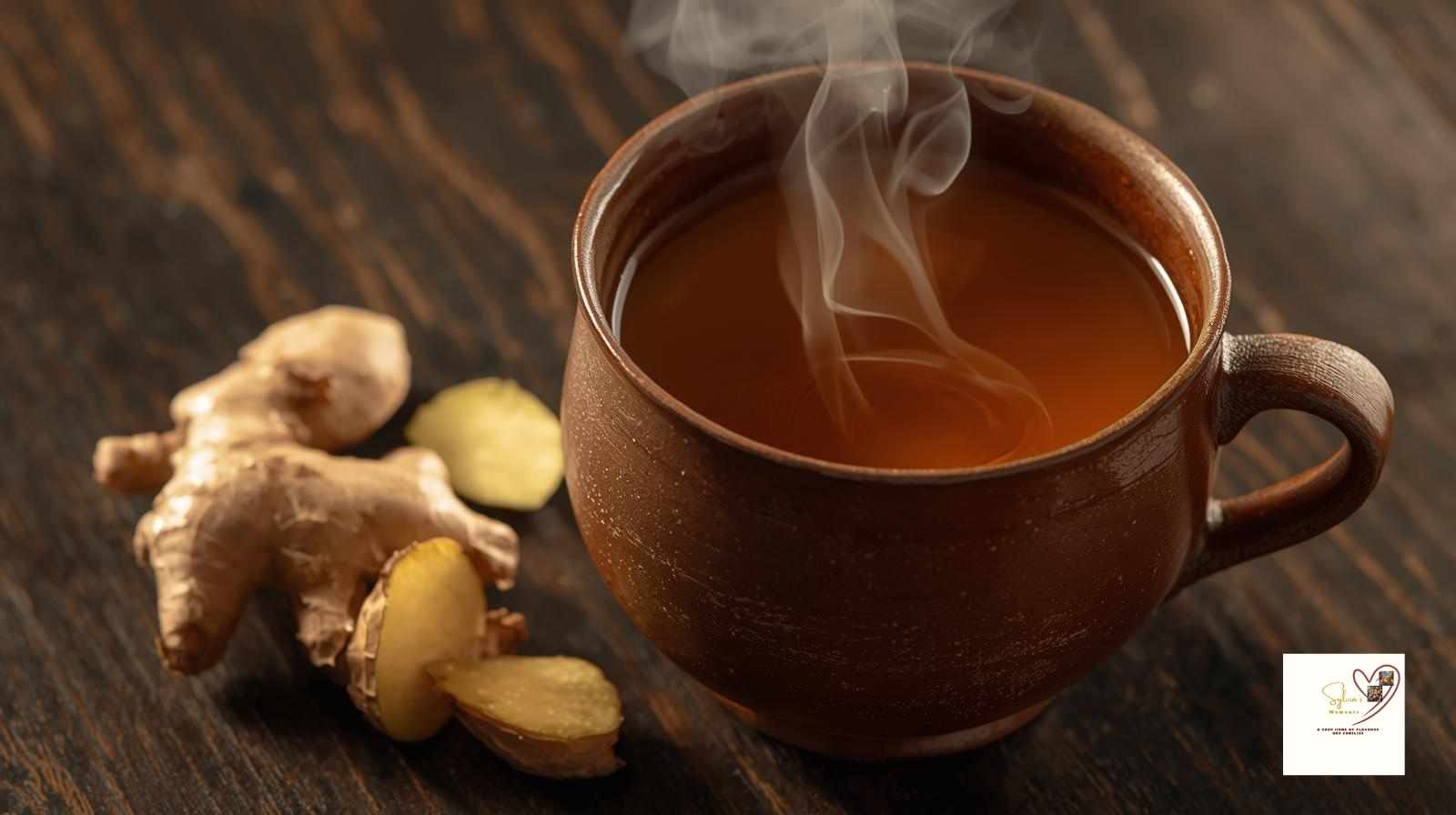
4. Soups and Broths→ Hydration with Electrolytes
Warm soups, clear broths, or vegetable stews hydrate while replenishing electrolytes. They’re especially helpful if you’ve been sweating, feeling run down, or recovering after birth. The AAP explains that soups not only hydrate but also supply minerals that help balance body fluids.

5. Smoothies →Hydrating and Nutritious Blends
Smoothies made with water, milk, or yogurt plus fresh fruits and veggies are a hydrating powerhouse. They deliver vitamins, minerals, and natural sugars that boost energy. I once once laughed that her blender became her best friend, because a quick mango-banana smoothie kept her energized during long afternoons.
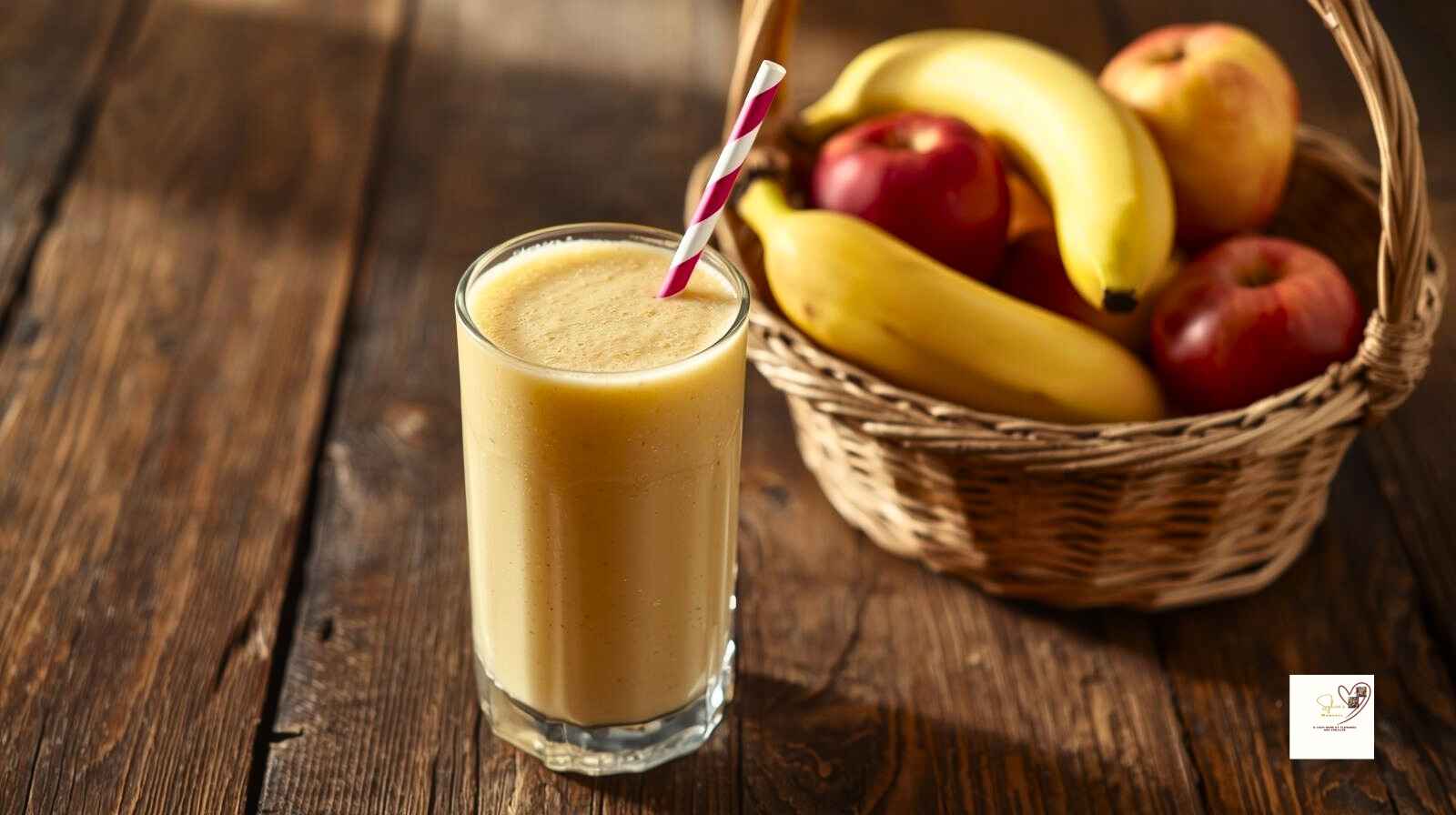
6. Fruit-Infused Water → Flavor Without the Sugar
Infusing water with slices of lemon, cucumber, or berries makes drinking more enjoyable. It’s refreshing, sugar-free, and naturally packed with antioxidants. Infused water turns plain hydration into a treat, which helps moms who get bored of plain water stay consistent.
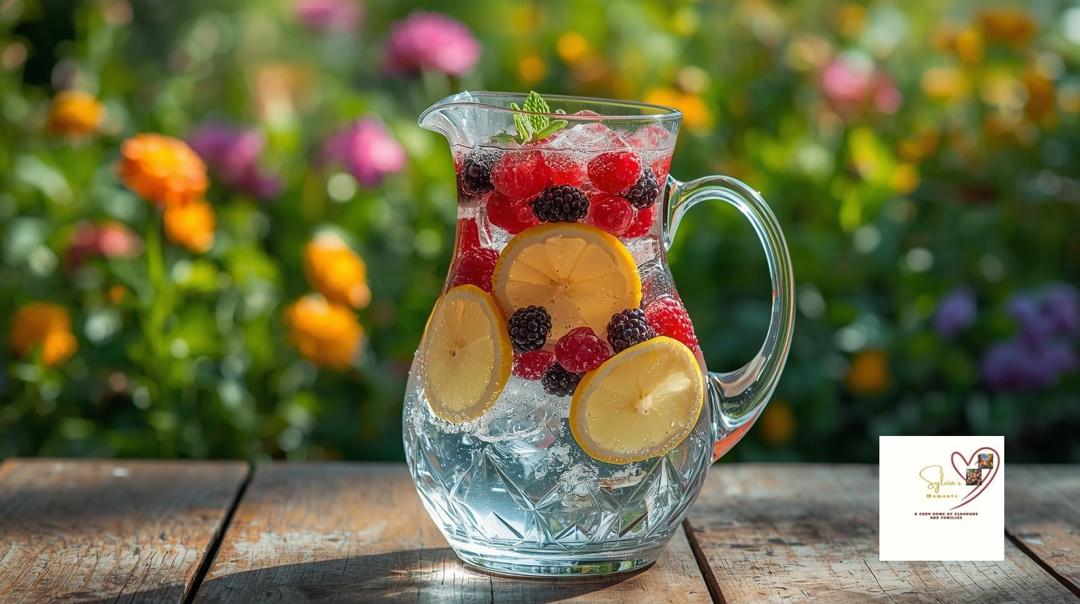
Drinks to Limit or Avoid While Breastfeeding
1. Caffeinated Drinks
Caffeine hides in coffee, tea, sodas, and even chocolate, and too much can make babies fussy and disrupt your sleep. CDC advises keeping intake under 300 mg per day, equal to about two small cups of coffee.
2. Sugary Beverages
Sodas, sweet teas, and energy drinks cause quick energy spikes followed by crashes, leaving moms more tired than before. Excess added sugar increases the risk of weight gain and dental problems.
3. Alcohol
Alcohol passes into breast milk, and babies process it far slower than adults, which can affect their development. It recommends waiting at least two hours per drink before nursing or skipping alcohol if feeding soon after.
Practical Tips to Stay Hydrated While Breastfeeding
1. Build Simple Daily Habits
I once kept a colorful tumbler by my nursing chair, and my toddler called it “mommy’s magic cup.” That little reminder turned hydration into a daily ritual rather than a chore. for me. You too can. Don’t wait until you are thirsty before sipping.
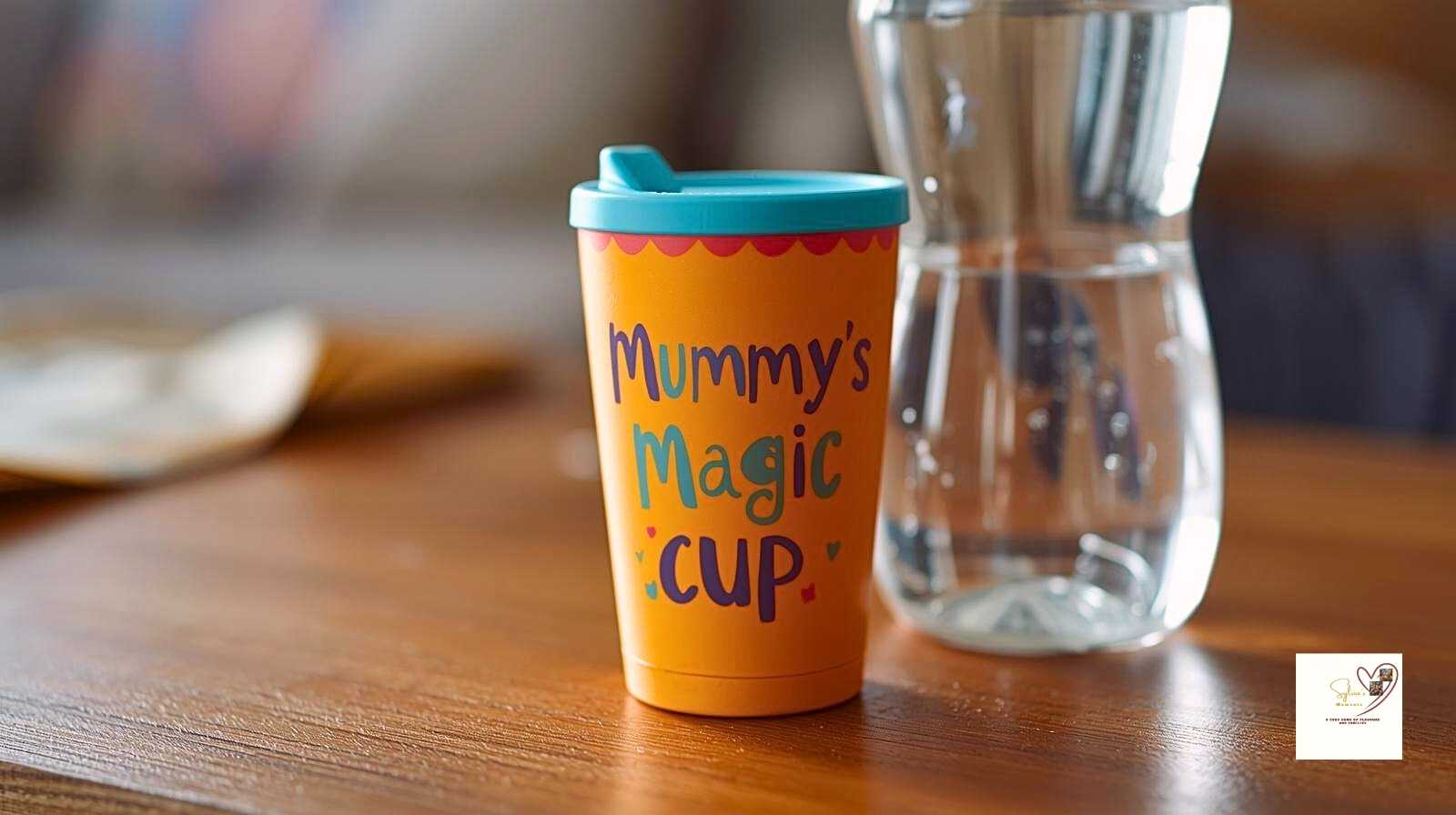
2. Use Reminders and Hydration Apps
Let’s be real; between diaper changes and late-night feeds, it’s easy to forget your own needs. For me ,digital nudges like apps or alarms make it easier . My smartwatch buzzing “drink water” felt like a bossy sidekick, but it worked because she stayed consistent. Simple reminders mean fewer headaches, better energy, and less guessing about how much you’ve had.
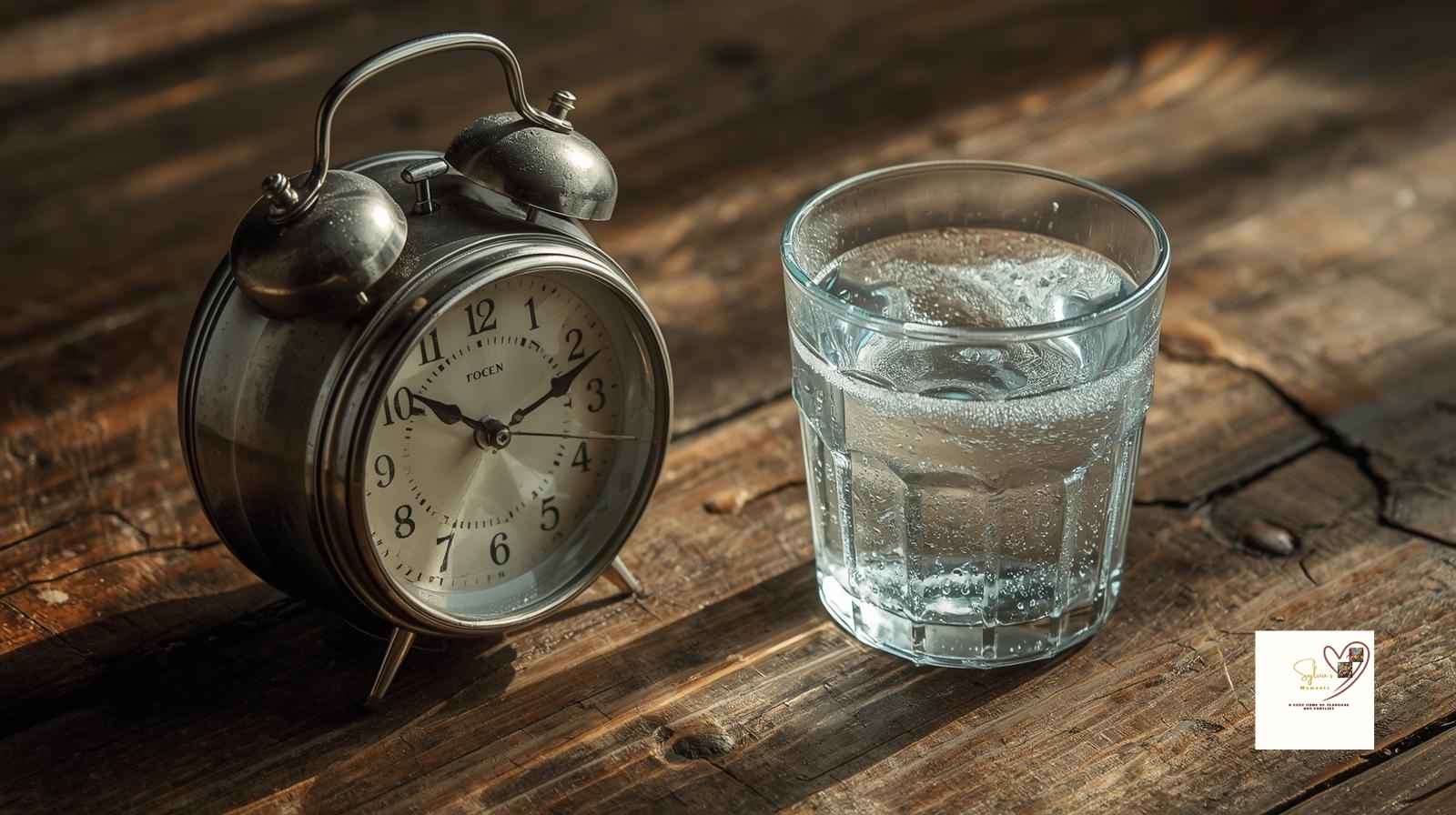
3. Pair Meals and Snacks with Fluids
Every snack or meal is a perfect chance to top up your hydration. The American Academy of Pediatrics (AAP) notes that pairing balanced foods with fluids helps restore energy and supports milk supply . I know a mom who grabbed a smoothie with her granola bar, and she swore it felt like a mini spa break in her kitchen. Linking food and fluids creates rhythm, and rhythm makes the habit stick.
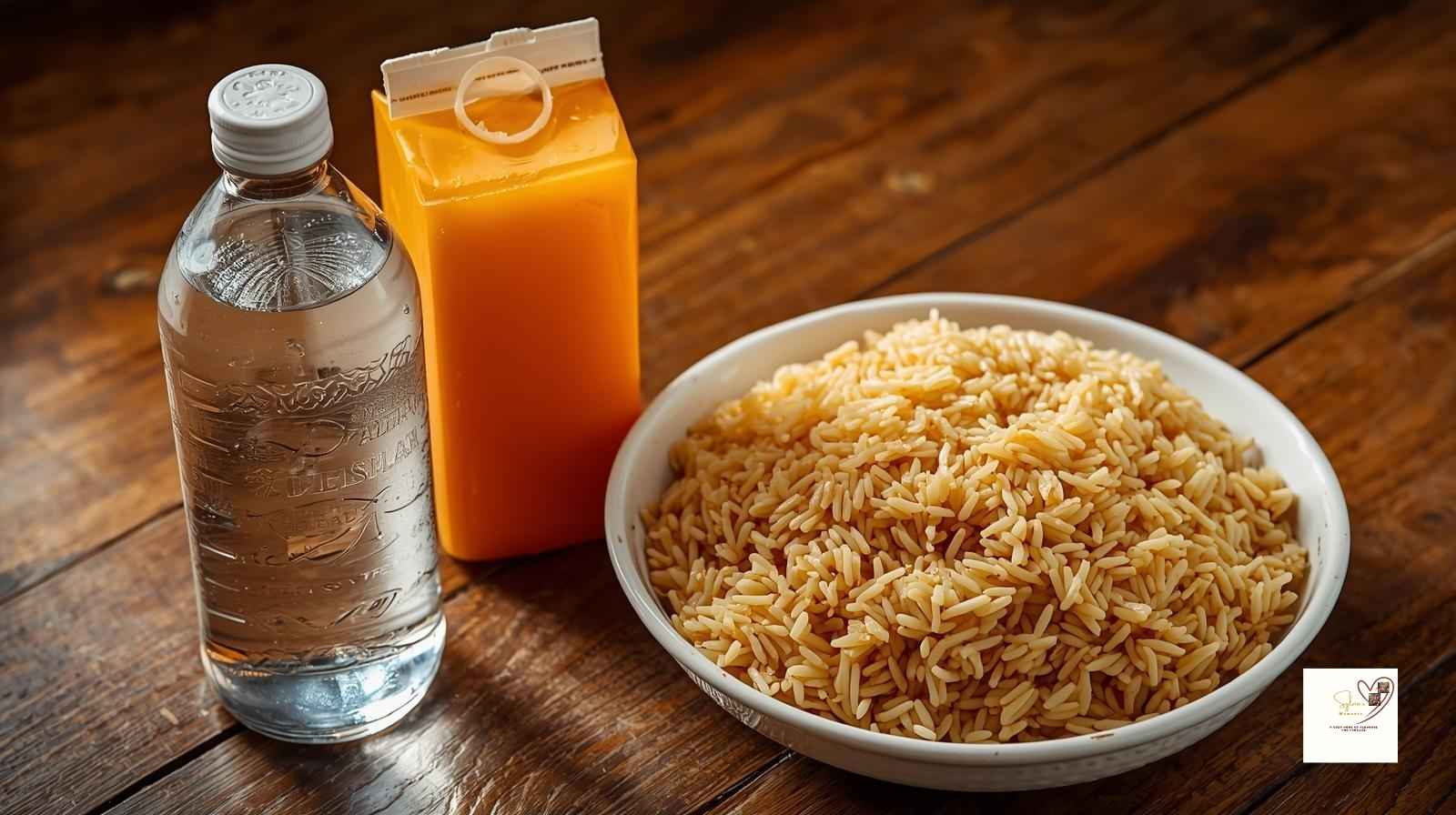
FAQs on Hydration and Breastfeeding
1. Does dehydration reduce milk supply?
I once skipped water during a busy day and panicked when my milk felt low that evening. According to CDC, mild dehydration usually does not change milk volume, but it can leave moms feeling drained and cranky . Severe dehydration, though, may affect supply, because your body prioritizes survival over milk. Staying hydrated keeps both energy and mood in check, which makes breastfeeding less stressful.
2. How do I know if I’m drinking enough water?
Pale yellow urine and regular bathroom breaks are reliable signs you’re drinking enough . Constant headaches, dark urine, and unusual fatigue, on the other hand, suggest you need more fluids. Listening to thirst also helps, but cues work best when paired with daily habits like sipping water at each feed.
3. Can hydration improve the let-down reflex?
A new mom once shared how she relaxed with warm tea before nursing, and she noticed her let-down felt easier. While the American Academy of Pediatrics emphasizes hydration as part of good lactation support, it also points out that stress, fatigue, and comfort matter too . Adequate hydration helps you feel more comfortable, which may support let-down indirectly. The key is to combine fluids with rest and calm, since the let-down reflex relies on hormones as much as hydration.
Final Thoughts on Staying Hydrated as a Nursing Mom
Staying hydrated is not just about quenching thirst; it’s about fueling your body so you can fuel your baby. When you sip water, enjoy soups, or grab a smoothie, you give yourself the energy to keep going strong.
Listen to your body because it whispers before it shouts, and small signs like fatigue or dry lips often come first. You deserve care just as much as your little one, and hydration is one of the simplest ways to show yourself love.
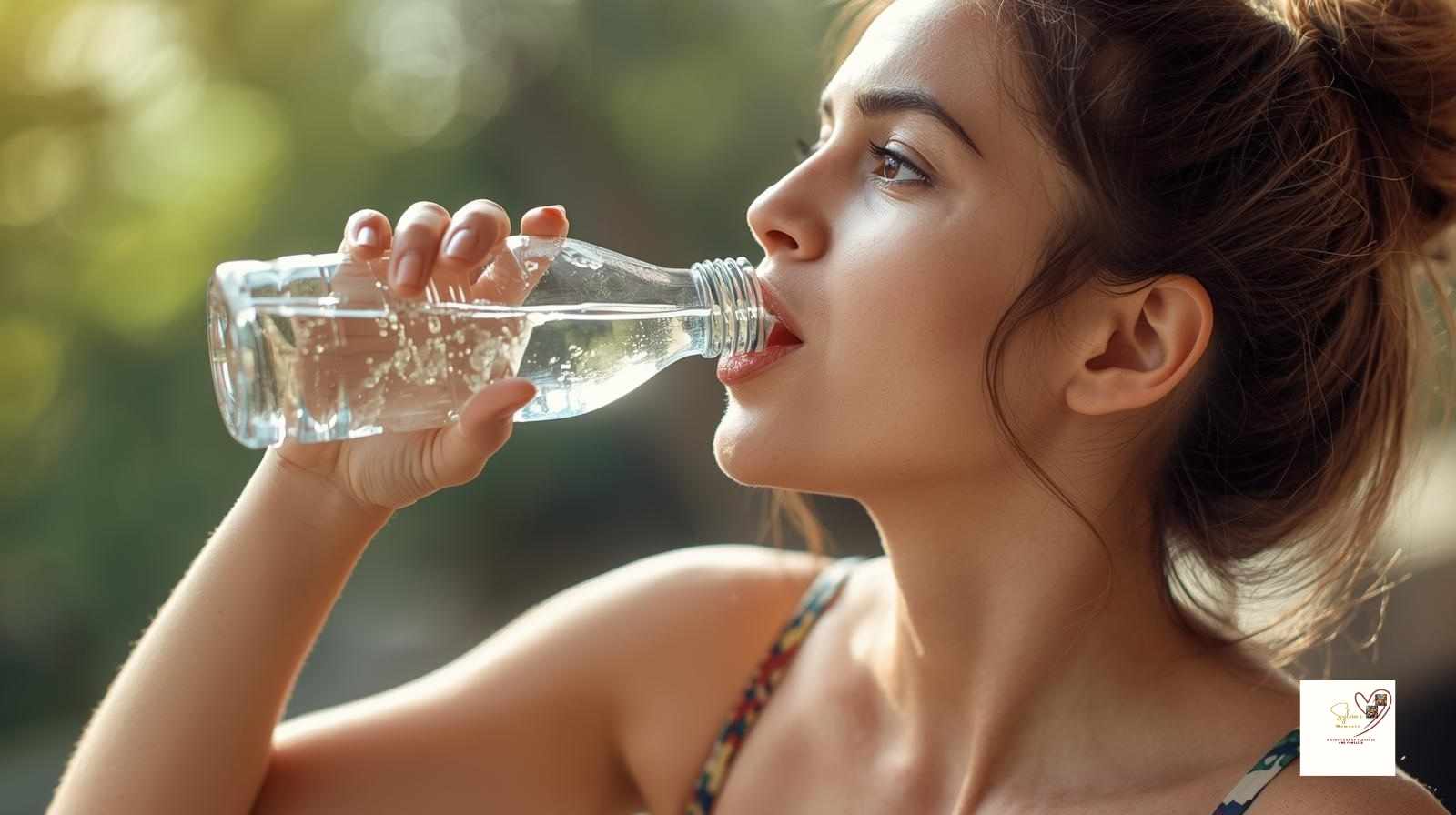
So, refill that cup, laugh at the chaos, and remember-hydrated moms shine brighter and nurse easier every single day.
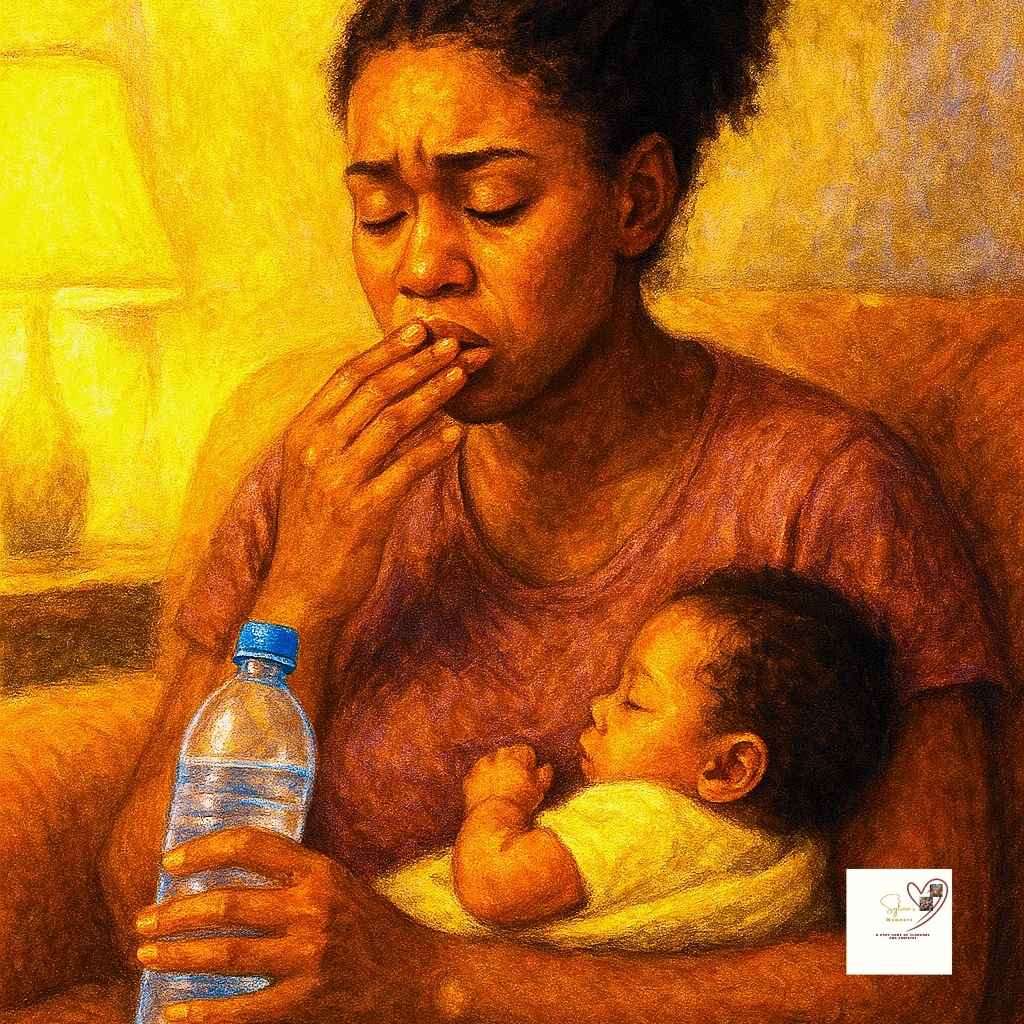
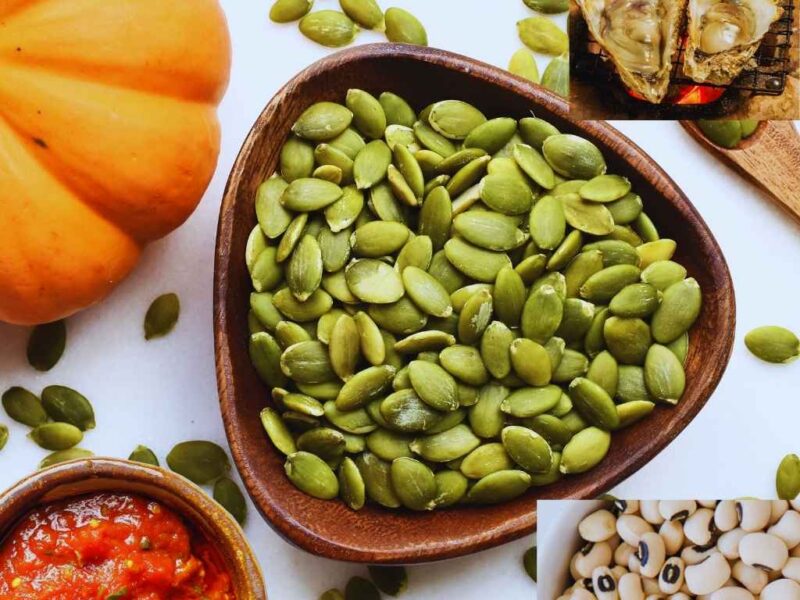
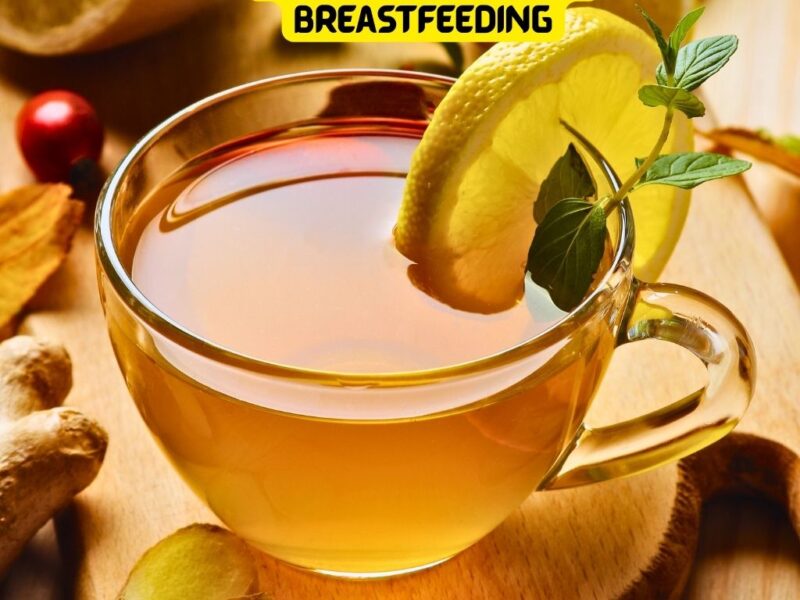
Very insightful
Great insight
thank you